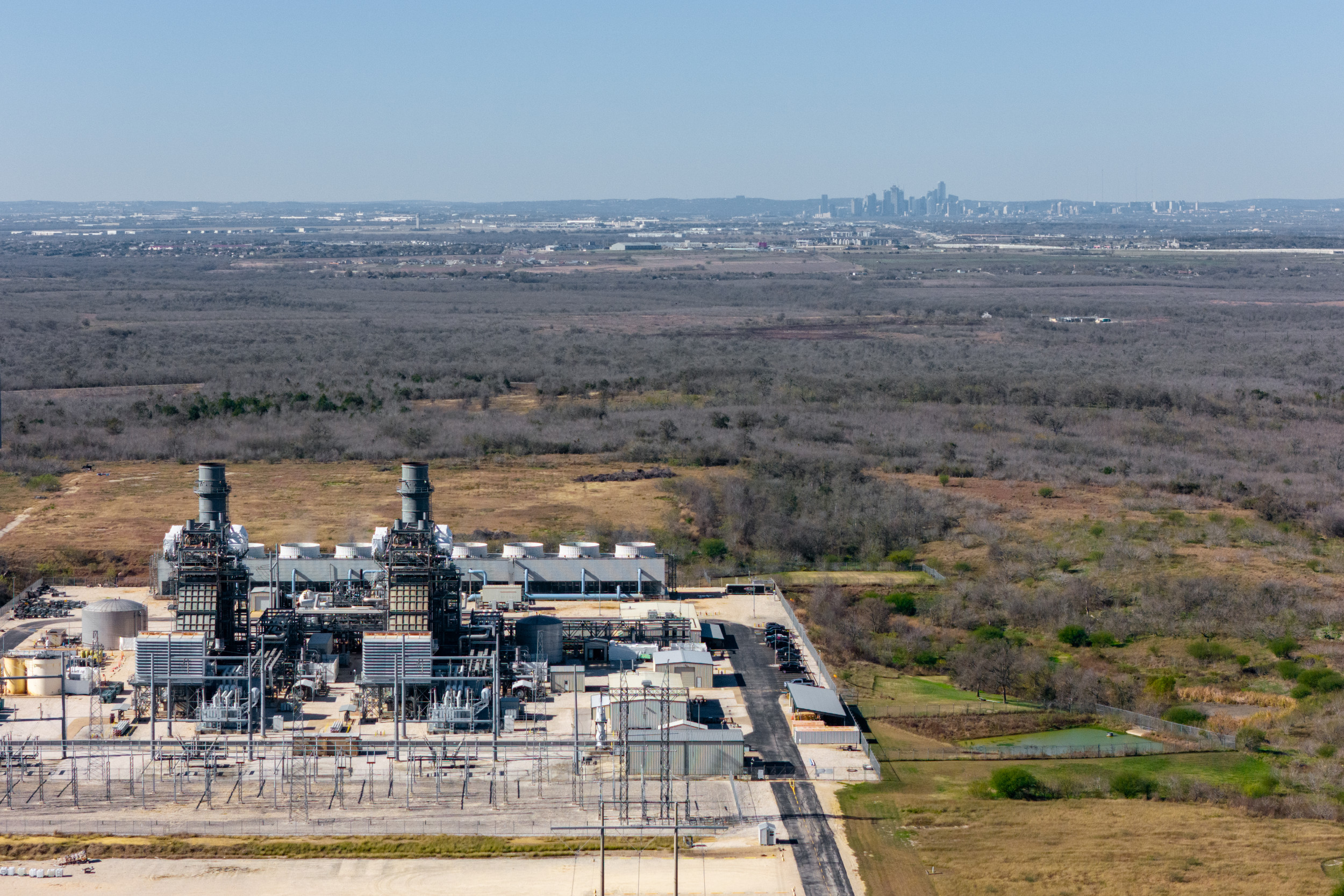A Senate Republican has shared with Newsweek President-elect Donald Trump's "Day One" plans, which include the controversial mass deportation policy.
Republican Senator Tommy Tuberville, of Louisiana, said there were two more main thrusts to the immigration policy that his party was keen to launch as soon as possible, extending the border wall and reverting to the Remain in Mexico policy.
The immigration issue helped Trump deliver a commanding victory over Vice President Kamala Harris as he swept the swing states and the GOP took control of the Senate and the House of Representatives, and upper chamber Republicans say they are determined not to disappoint the electorate.
Tuberville said: "Americans delivered a clear mandate last Tuesday—they want President Trump's America First agenda, and they want it now. My top priority is working with President Trump on Day One to build the wall, reinstate Remain in Mexico, and deport those who never should have been admitted in the first place."
Newsweek has emailed Donald Trump's team for comment.

Border Wall
Donald Trump's 2017 border wall policy aimed to construct a barrier along the U.S.-Mexico border to curb illegal immigration and enhance national security. It involved reallocating federal funds, using existing barriers, and promoting stricter immigration enforcement. It faced legal challenges and significant political debate throughout his presidency.
A slight majority, 51 percent, back Trump's flagship 2016 border wall policy, according to polling. But 53 per cent support significantly expanding the construction of walls along the U.S.-Mexico border, up 13 points since 2019, a Gallup survey shows.
Republicans have promised to resume construction of the wall to curb the flow of migration, and GOP lawmakers argue it will deter human and drug traffickers.
"Thousands of Americans have died as a direct result of the fentanyl pouring across the border and violent criminals who have been welcomed into our country by our own government," Senator Tuberville said.
Mass Deportations
Mass deportation was at the forefront of the Republican November 5 election platform, and it resonated with voters as 75,870,881 Americans voted for Trump compared to 72,857,82 for Harris.
Trump proposes to deport millions of undocumented immigrants through a broad, forceful strategy. His plan would mobilize federal, state, and local law enforcement, potentially even involving the National Guard.
Trump's team describes the approach as the largest deportation operation in U.S. history, targeting those deemed "illegal criminals" or posing security threats.
Critics argue it would be nearly impossible to implement logistically and will likely face resistance from state governments and the military, due to legal and ethical concerns regarding the involvement of domestic law enforcement.
Trump has said he wishes to deport 15 to 20 million people as part of a plan for "mass deportation" if he becomes president.
But most Americans do not support the deportation of all undocumented migrants, a survey has found.
Data for Progress, a progressive polling group, surveyed 1,195 likely voters between October 23 and 25, asking about nine possible deportation scenarios to gauge support for the idea of "mass deportation" touted by the President-elect.
Only two scenarios had the support of more than half the respondents. "Deporting a person who recently crossed the border without legal status" was backed by 70 percent of respondents; "Deporting a person who crossed the border without legal status and has a criminal record for a nonviolent offense" received support of 67 percent.
Trump's mass deportation policy is already facing fierce opposition from advocacy groups across the U.S.
They fear that Trump's policies will escalate the government's targeting of immigrants, fueling a wave of family separations and increasing the suffering of communities already vulnerable to the long arm of U.S. immigration enforcement.
In response to the reelection of Trump, Freedom for Immigrants executive director Laura Hernández told Newsweek they expect the second administration's policies to be "unhinged."
"We are not backing down. Trump may villainize us, but he won't defeat us. We will fight back against Trump's fascist government and work to free all of our community members from the grips of the mass incarceration, surveillance, and deportation systems," she said.
"We've experienced Trump's hateful actions before, but we fully expect his new administration to be even more unhinged, furthering its use of the existing immigration detention and law enforcement apparatus to ramp up racist violence against Black and Brown immigrants."
Remain in Mexico
Remain in Mexico," officially known as the Migrant Protection Protocols (MPP), was a U.S. immigration policy enacted in January 2019 under the Trump administration.
It required that asylum-seekers arriving at the southern U.S. border—primarily from Central American countries—wait in Mexico while their cases were processed in the U.S.
His policy marked a significant shift from previous protocols, where asylum-seekers were typically allowed to stay in the U.S. while awaiting court hearings.
Trump has pledged to revive policies discarded under the Biden-Harris administration.
After taking office, President Biden paused the policy in early 2021 and formally ended it in June 2021. However, legal battles followed, with federal courts ordering the Biden administration to reinstate MPP later that year.
In December 2022, the Biden administration finally secured the policy's termination, though some migrants continue to face obstacles at the border due to other immigration enforcement measures.
Newsweek has emailed President Biden's office for comment.




















 English (US) ·
English (US) ·